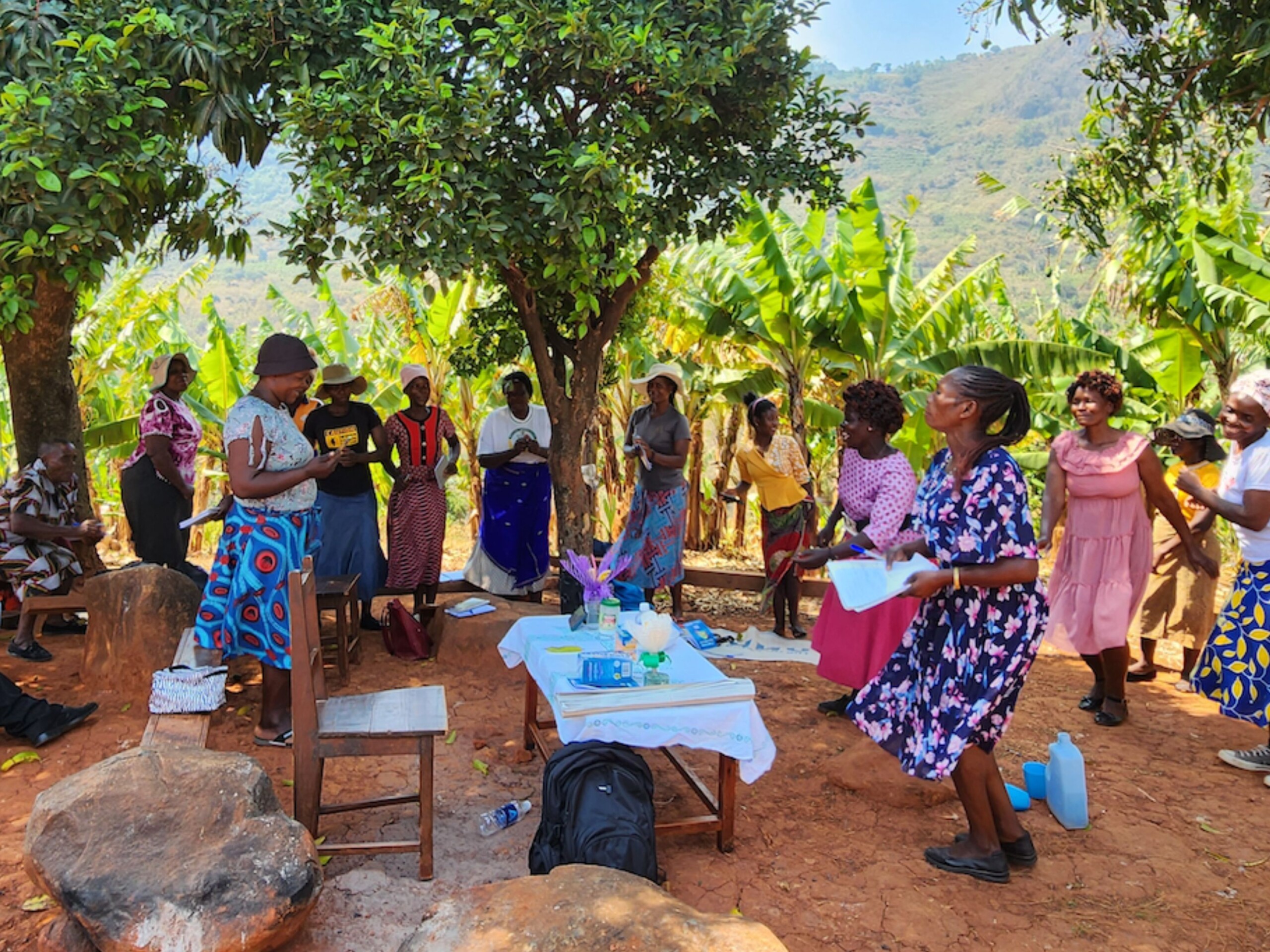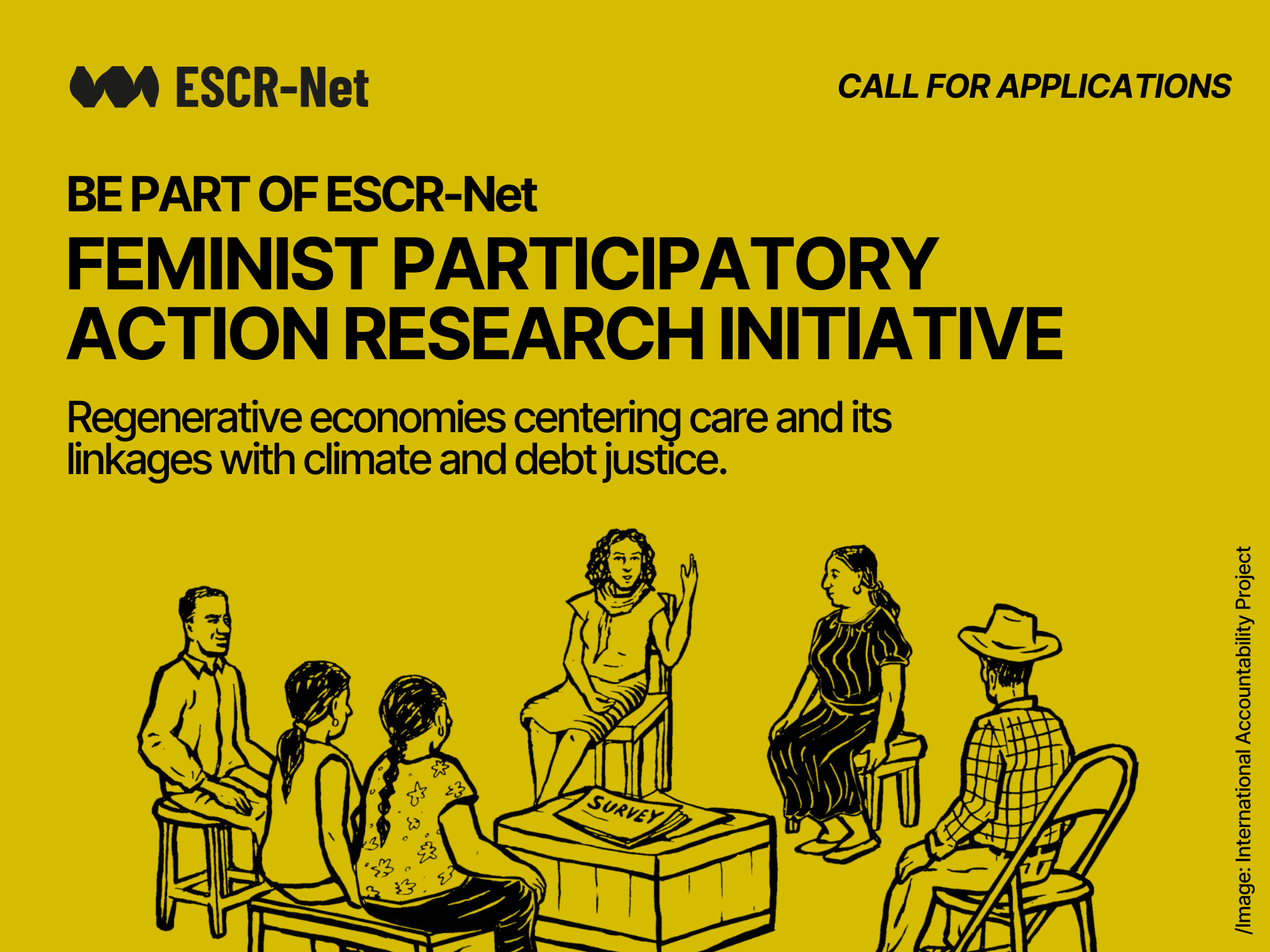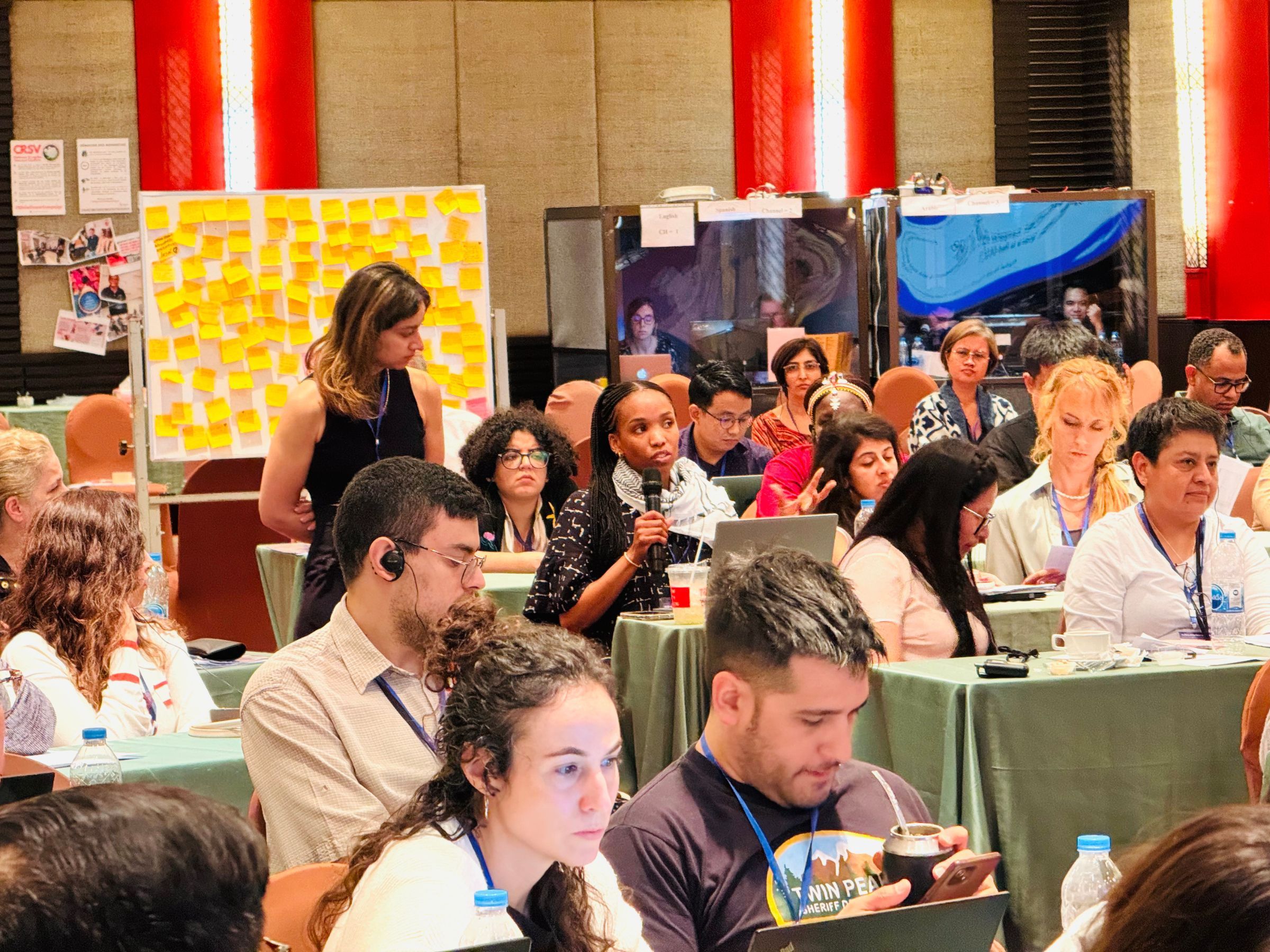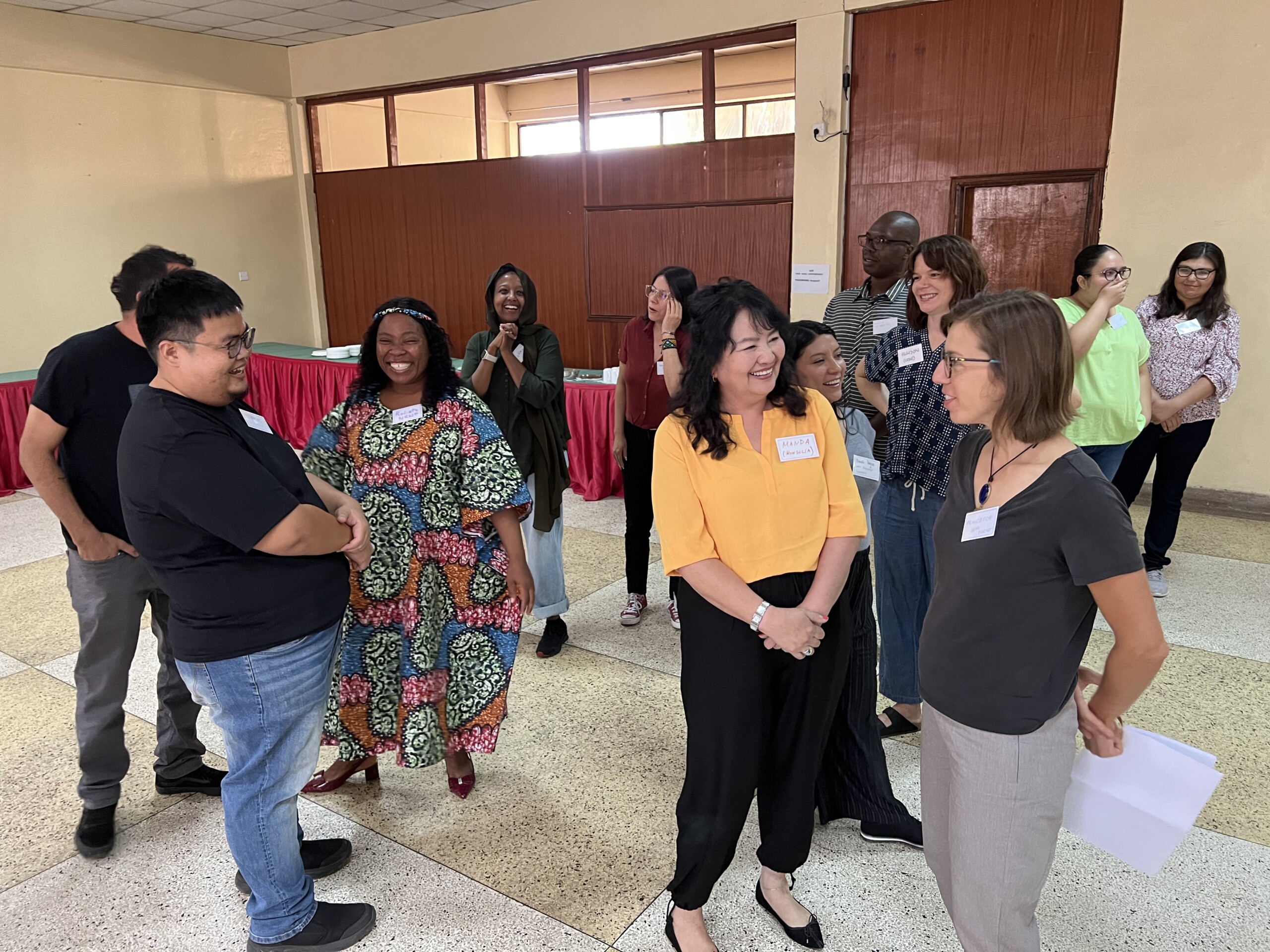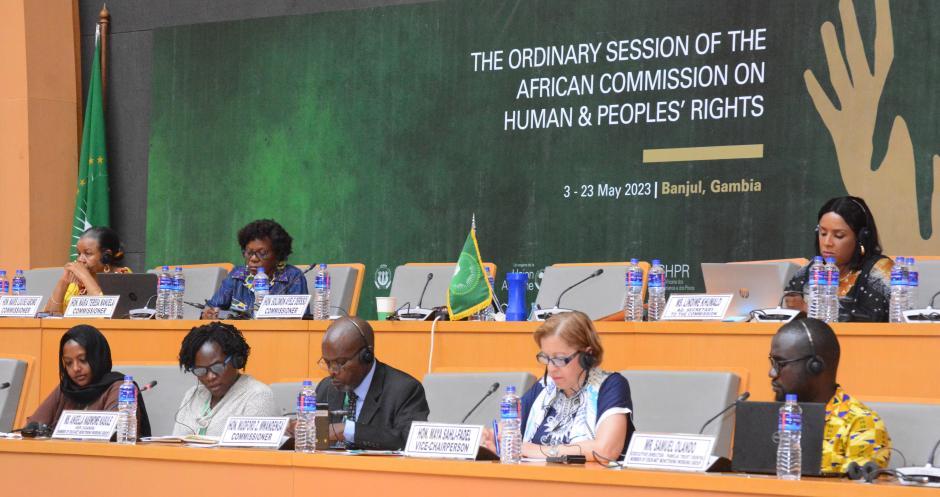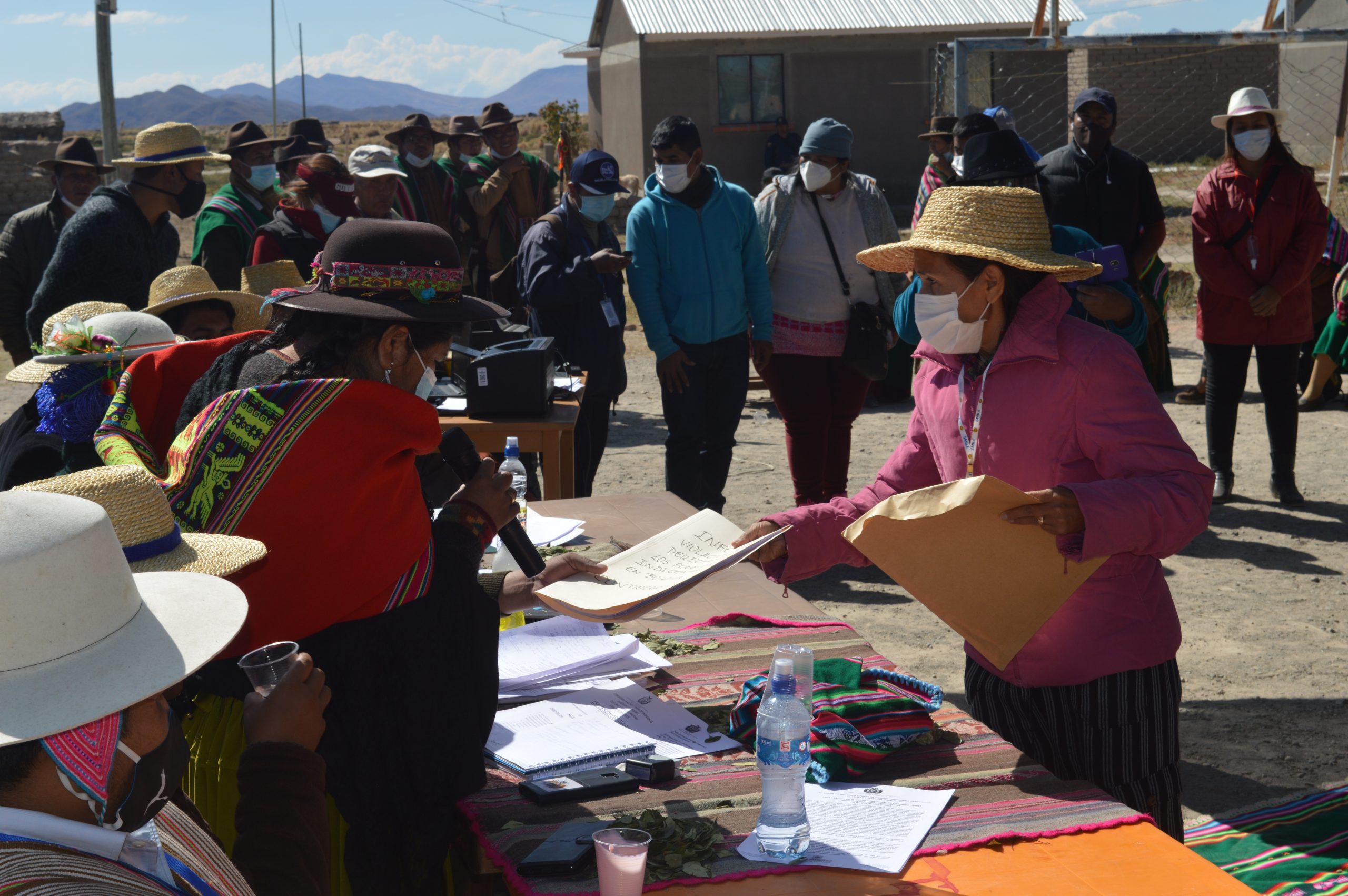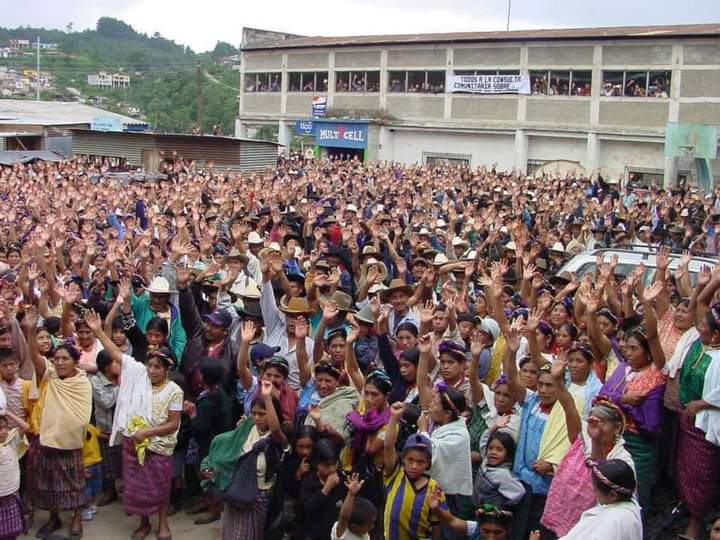Epistemic injustice refers to unfairness or discrimination in the production, communication, and validation of knowledge. Knowledge from communities around the world, including their demands for justice and proposed solutions, often faces systematic exclusion and silencing in public decision-making processes. For example, Indigenous knowledge about sustainable land management is frequently dismissed in favor of commercial exploitation, leading to environmental degradation and loss of biodiversity. Similarly, the lived experiences of communities in accessing healthcare are often overlooked, resulting in policies that do not address their specific needs and exacerbate health disparities. This exclusion is perpetuated by entrenched biases and power dynamics rooted in capitalist, colonialist, and patriarchal approaches to data regarding rights to housing, health, or education. By invalidating some forms of knowledge and not accounting for certain experiences and perspectives, decision-makers effectively exclude those people and their needs from decisions that will have a significant impact on their communities.
Communities and grassroots organizations worldwide are developing innovative, community-led research methods to generate data on issues affecting their Economic, Social, Cultural, and Environmental Rights (ESCER). From climate change impacts to corporate exploitation of land, housing, and natural resources, they advocate challenging power dynamics that marginalize and erase community knowledge.
ESCR-Net centers communities’ knowledge and promotes its credibility and legitimacy through a human rights approach to data. Through community-led and participatory action research, collective learning exchanges, and increased community participation in public decision-making on human rights, ESCR-Net supports communities in reclaiming their voices and influencing policy to secure their fundamental rights.
